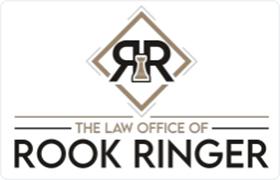Jacksonville Juvenile Law Lawyer, Florida
Sponsored Law Firm
-
 x
x

Click For More Info:
-
The Law Offices of Rook Ringer
1 Main St. Saint Augustine, FL 32084» view mapCriminal Defense Get On The Path To Results Today
Let us help you figure out your best next steps are. The sooner you have a plan of action, the better your chances of taking the correct steps to get the results you want.
800-819-8041
Phyllis Elaine Moore Wiley
Criminal, Civil & Human Rights, Juvenile Law, Guardianships & Conservatorships
Status: In Good Standing Licensed: 25 Years
Deborah Anne Schroth
Public Interest Law, Juvenile Law, Corporate
Status: In Good Standing Licensed: 45 Years
D Kenneth Leigh
Wills & Probate, Family Law, Divorce, Juvenile Law
Status: In Good Standing Licensed: 25 Years
Tracy Lee Sorcek
Government, Divorce & Family Law, Juvenile Law
Status: In Good Standing Licensed: 17 Years
Roland L. Falcon
Juvenile Law, Litigation, Family Law, Business & Trade
Status: In Good Standing Licensed: 27 Years
 Rook Ringer Saint Augustine, FL
Rook Ringer Saint Augustine, FL Practice AreasExpertise
Practice AreasExpertise
